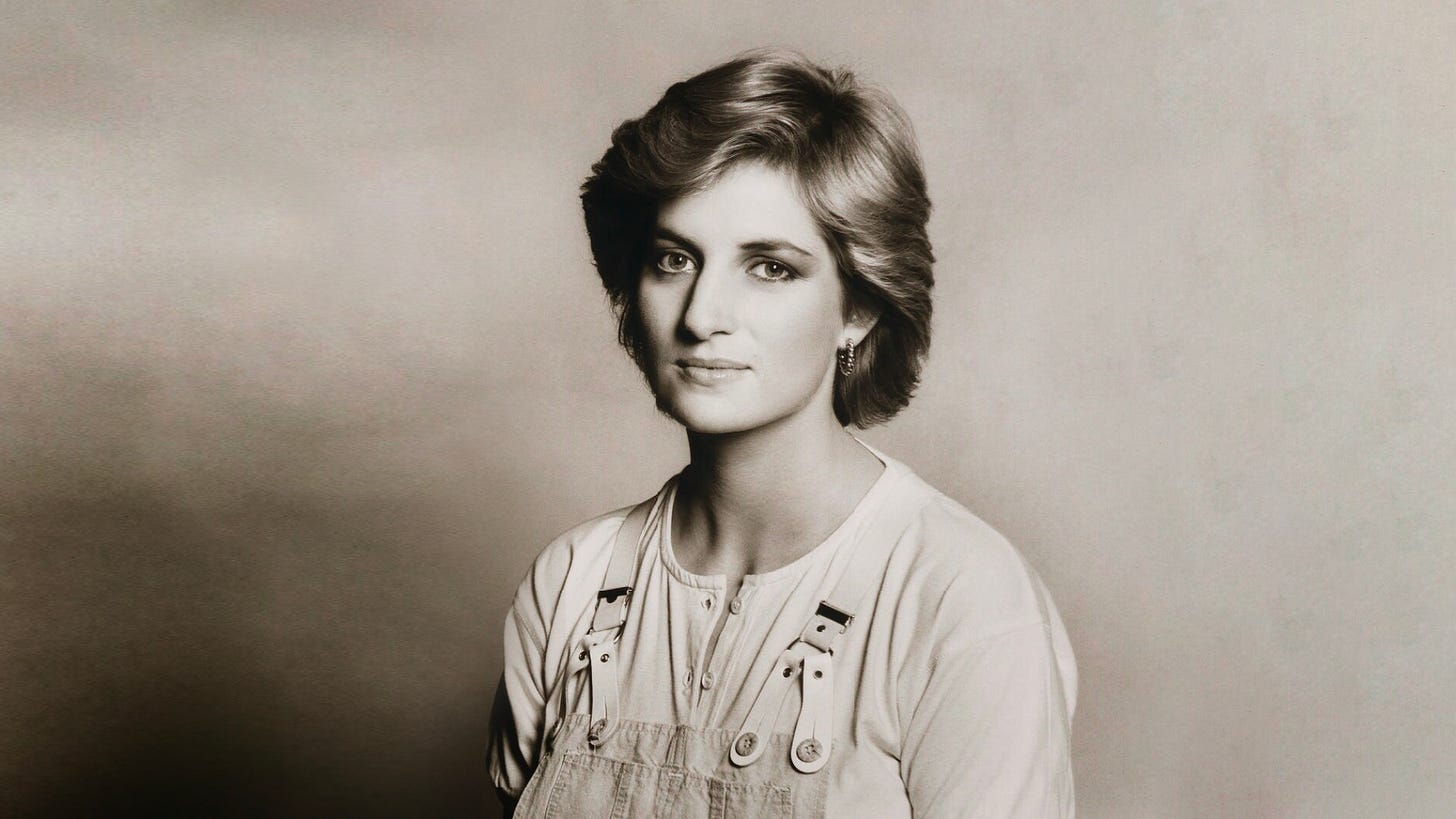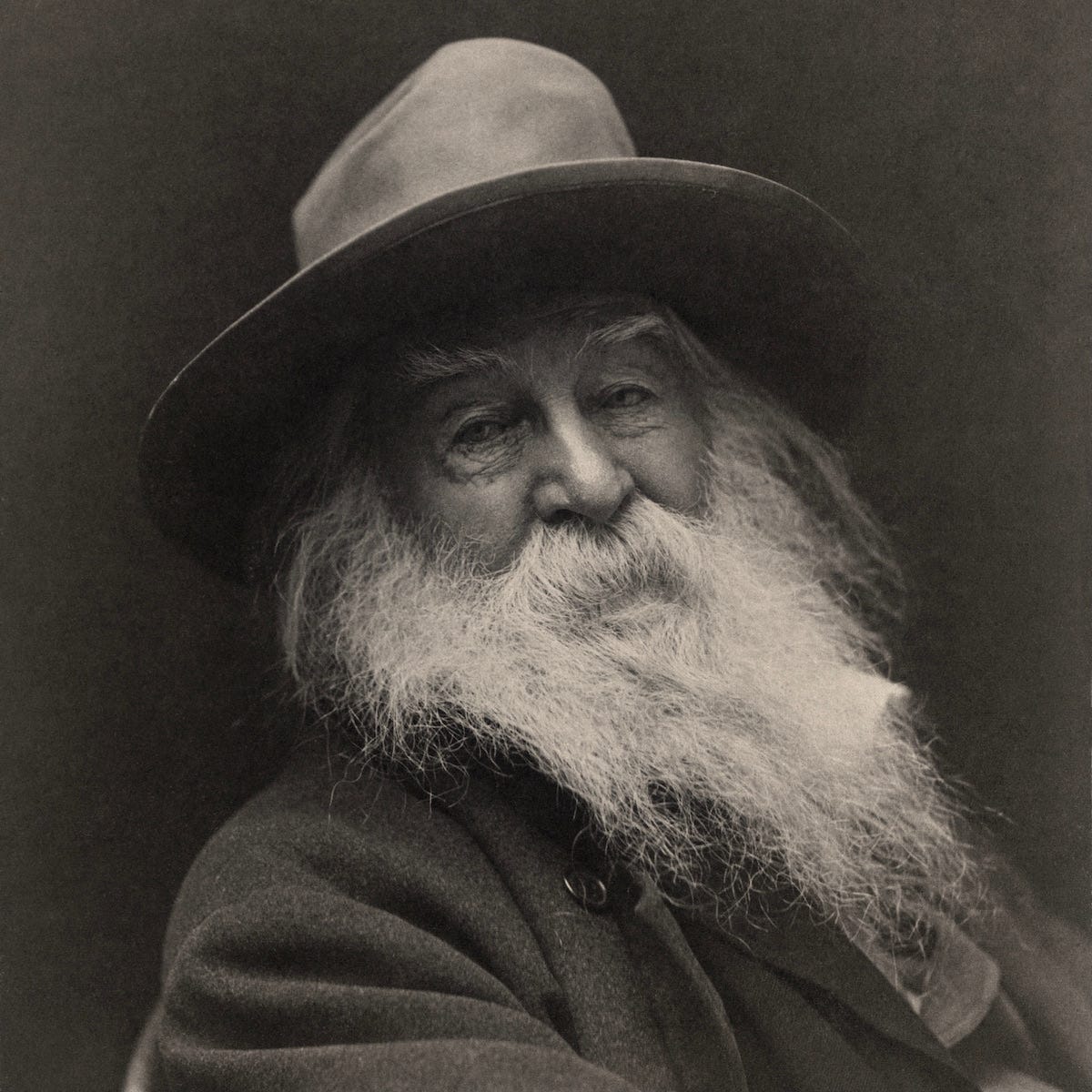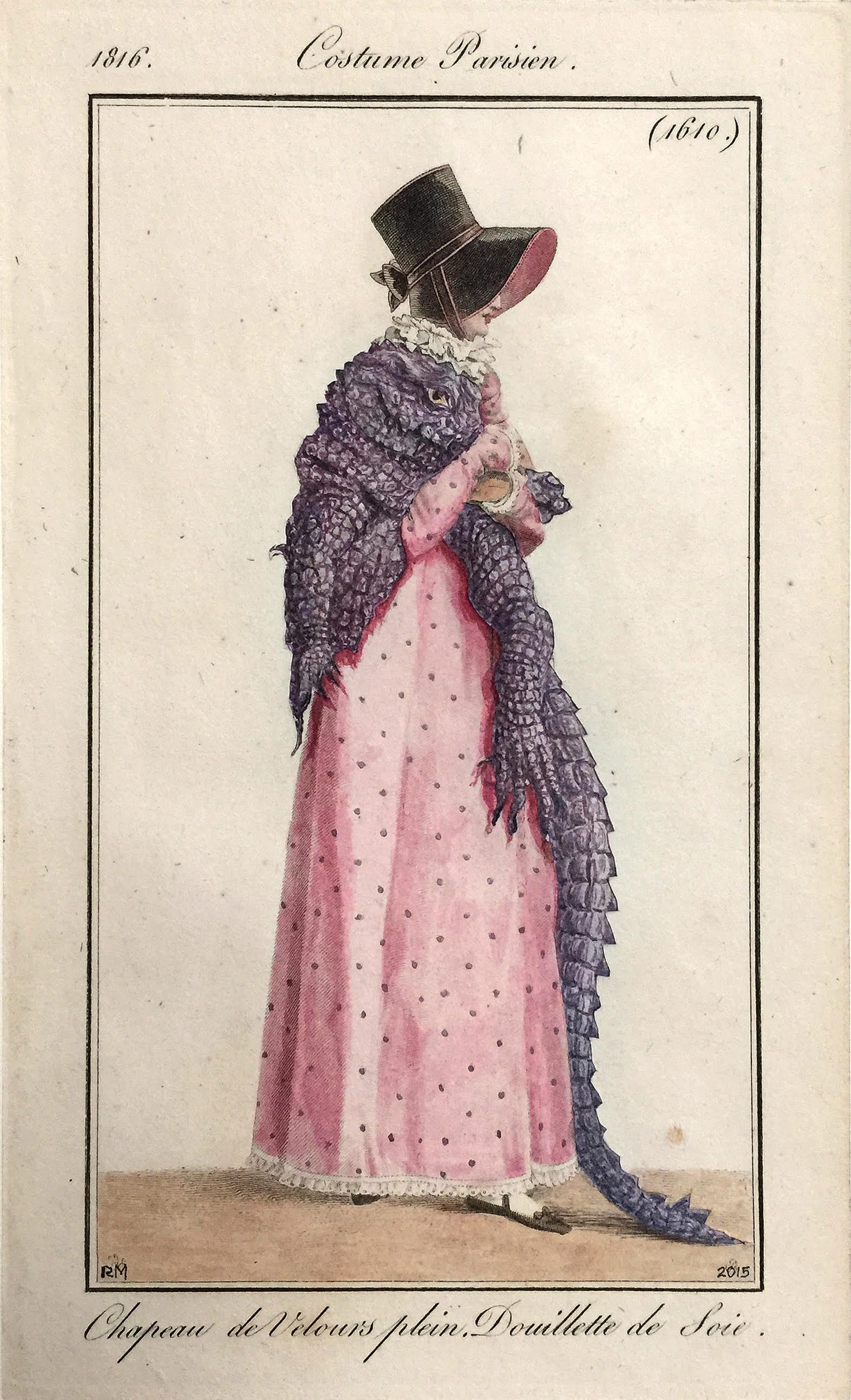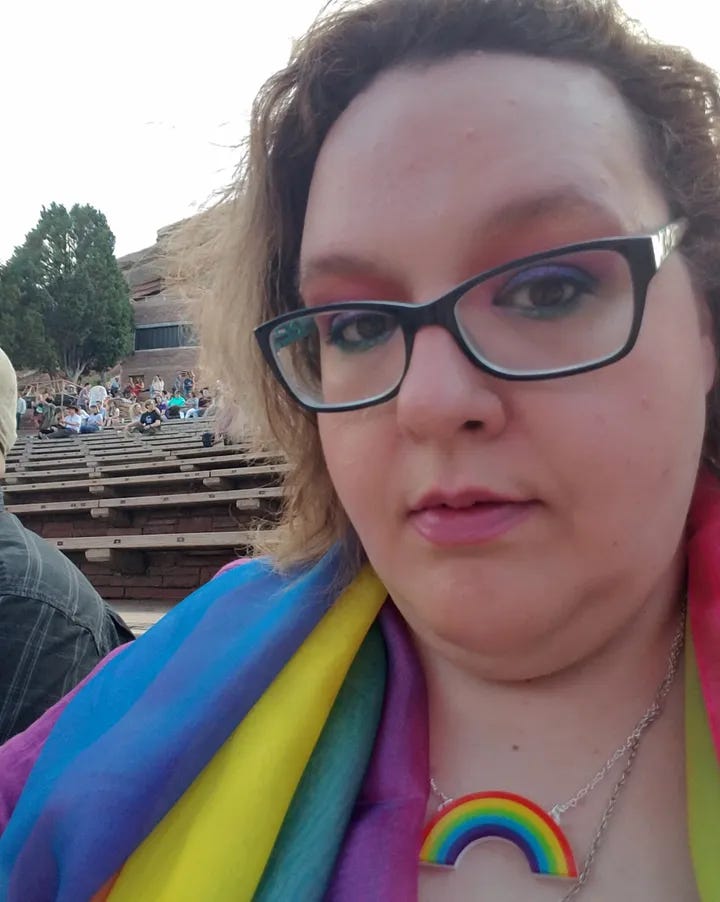Eight new essays! Also...Save the date: Weds. March 23, for the AWP Edition of the Memoir Monday Reading.
Welcome to Memoir Monday—a weekly newsletter and a quarterly reading series, brought to you by Narratively, The Rumpus, Catapult, Granta, Guernica, Oldster Magazine, Literary Hub — and now many additional publications. Beginning in January, 2022, there’ll occasionally be original work as well—the more subscription money that’s raised, the more original pieces we can publish, so if you haven’t become a paid subscriber, please consider becoming one!
You can read all about expansion plans here. Subscribe and follow us on Twitter at @memoirmonday for updates!
✨ Thanks to everyone who attended last week’s Memoir Monday reading! For those of you attending the 2022 edition of the AWP conference in Philadlephia, mark your calendars for the AWP edition of Memoir Monday, to be held on Wednesday, March 23rd! Check back here fore more information as it develops… ✨
My Mom, Princess Diana, and Me
by Matt Ortile (Photograph by Terence Donovan via the National Portrait Gallery)
"Diana occupies a good deal of real estate in my head for someone I’ve never met. She and her life are easy metaphors, all-purpose in their utility. Dead or alive, she has long been a canvas for ideas about marriage, motherhood, the gilded nature of royal life, the toxicity of celebrity. Too great is the irony that the most photographed, most hunted woman in the world shared a name with the goddess Diana, the huntress, who vowed to never marry. The people’s princess has fascinated the popular imagination for so long that, even twenty-four years after her death, many artists continue to mine her life for content, yours truly included."
Love in the Time of King Cake
by Bernice L. McFadden (Photo by Diana Robinson via Getty Images.)
"Age came up—as it often does when mature people fall into conversation. He told me he was 57 years old. The number stalled me. He was just six years my senior. My contemporary. At the time I didn’t know why I pegged him to be much older than me. But now, upon reflection I realize that my perception of him had little to do with his physical appearance and more to do with his aura. He had a very old soul, and that’s what I was responding too.”
A Hunger
by Fran Lock (Image © Lihoman)
"I am a fragment of my father, about whom I know nothing except for his name. My father is dead, in a tremulous and unspecified way; they speak of him in whispers if they speak of him at all. My father was named for a martyr who was named for a saint. I was named for my father. In English there are two ways to write me: with an i or an e, masculine or feminine. For most people, masculine was the default; doctors, teachers, social workers: not one of them got it right, and it never occurred to them to ask. The affectionate form, this is something people say about a shortened name, but they are wrong. To be littled inside of language, reduced, this is not an affectionate act. My own diminution was practical, not loving. People so often mistook me that my mother tired of correcting them. I have hated all my life the single syllable that remains to me: a ragged hangnail of sound, not really a word but a noise. I would mutter it under my breath sometimes, saying myself to incompletion, over again, forcing the f, rolling the r, and sensing in myself something abbreviated, sick; neither masculine or feminine, a stutter, a mistake."
Departures
by Lily Scherlis (Image: Phil Roeder via Flickr)
"The signing is a kind of bioethical ceremony. Trial ethics gravitate around this important but limited moment of consent — the ceremonious affirmation of choice that releases trial administrators from legal consequences. Consent makes risk your problem: if you know what you’re getting into and you choose to get into it and it kills you? Well, it was your choice."
Reading Whitman While White
by Han Vanderhart
"I am too aware of how white, cis, abled readers and writers routinely fail the writing community and ourselves through failures of our language, which are, in fact, failures of love, failures to extend humanity—being human—to others. We must make it routine to consider the harm of our words, which also to say: we must listen to the critiques of others..."
Go West Young Ski Bum: The Broken American Idea of Living the Dream
by Heather Hansman
"When I moved to Colorado in 2005, risk was everywhere, but in a way that felt exciting. I liked the brag of drinking too much, and I was too naïve to notice harder drugs. Climate change felt vague and theoretical, and no one I knew had died in the mountains yet. The crash of the Great Recession hadn’t shaken my generation’s idea of stability and corporate entities were just starting to binge buy resorts. I didn’t understand the direct connection between my rampant anxiety and my relentless impermanence, and I thought living in my car was cool. I thought I could exist like that forever."
The Art of Discretion
by Dian Parker (Photo of Ruth Marten collage, with permission.)
"Being trained in the Restoration style of discreet acting, movement, and communication with a fan, did not prepare me for my 84 year-old Restoration teacher marrying my 26 year-old boyfriend."
This Is What Life Is Really Like When You Weigh Over 400 Pounds
by Juliet James (Photo courtesy of the author)
"I am deeply, profoundly tired. I’ve spent almost three decades hearing how I am a ticking time bomb, told all the time I’d be dead by 30 (which later changed to 50 once I passed 30). I was hospitalized for seven weeks at 15 for non-purging bulimia. I’ve been suicidal. I’ve been 100% able to accept my body, and I’ve been unable to accept it at all. Right now, I’m somewhere in between, but it’s irrelevant because it’s the only body I will ever have. "
Writer’s Corner:
Check out my interview with R.O. Kwon, the second installment of my column, “How’s the Writing Going?”—a part of Catapult’s wonderful “Don’t Write Alone” series.
Speaking of R.O. Kwon, this Saturday she is leading a workshop: Writing an Essay: From start to publication.
📢 Attention Publications and writers interested in having published essays considered for inclusion in our weekly curation:
By Thursday of each week, please send to memoirmonday@gmail.com:
The title of the essay and a link to it.
The name of the author.
A paragraph or a few lines from the piece that will most entice readers.
The artwork and the appropriate credits.
*Please be advised, however, that we cannot accept all submissions.
You can also support Memoir Monday—and indie bookstores!—by browsing this Bookshop.org list of every book that’s been featured at the Memoir Monday reading series. It’s a great place to find some new titles to add to your TBR list!
If you received this email from a friend or found it on social media, sign up below to get Memoir Monday in your inbox every week! You can also follow us on Twitter at @memoirmonday.













